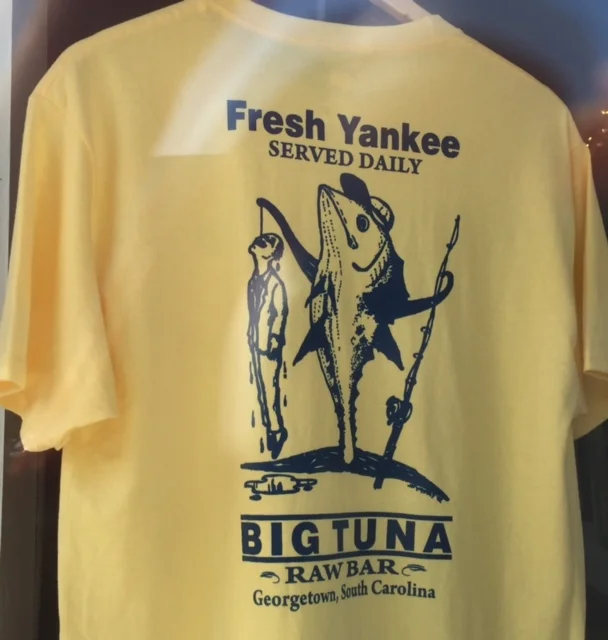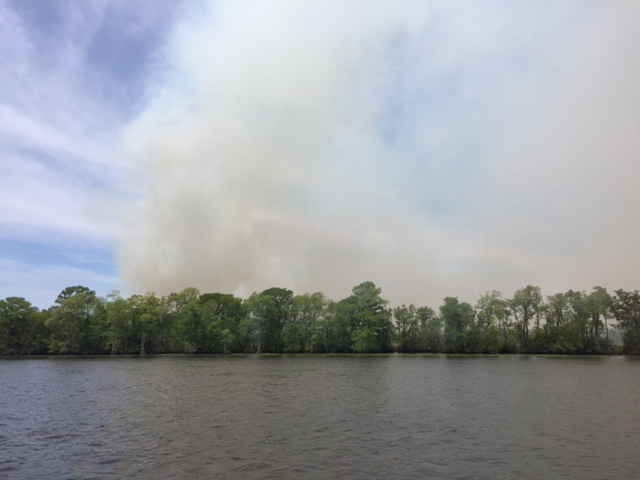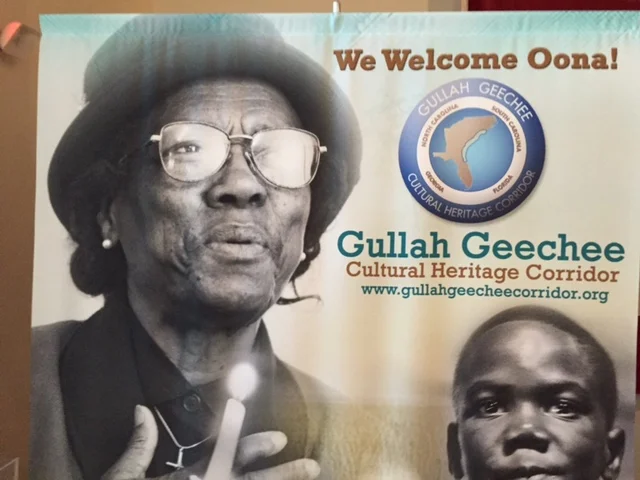Day 208 - Gullah Geechee
Miles cruised 32, fuel purchased 187 gallons, fuel purchased $328, if we go 9 mph or 25 mph our fuel burn is .9 miles per gallons, we get fuel economy at 6 mph – just shoot me, slip fee $50, daily high temperature 82°f.
We awoke to a wretched smell on the boar. There was a wind shift during the early morning and the odor from the International Paper plant a mile away wafted down on us.
We have a short cruise today from Georgetown to Myrtle Beach so we took some time to walk around Georgetown.
In case you were wondering if the south will rise again?
image
There was a forest fire on the west side of the ICW as we cruised north. The smoke created limited visibility on a section of the river. There is nothing to do at the Osprey Marina so we decided to stay only one night. We will cruise to Southport, NC tomorrow. We will stay there for two nights because the Looper harbor hosts are there and we will visit with them.
image
Visibility was reduced.
image
First thing on Wednesday we will transit the “Rock Pile.” The “Rock Pile” is a man-made canal section of the ICW lined with submerged rocks and a rock shelf just a foot or two below the surface. When the Army Corp of Engineers built this portion of the AICW in the 1930’s they encountered a sold shelf of granite. The Corps simply blasted through this obstruction, but, over the years, the soft silt above and below these rocky outcropping has washed away, making the canal appear wider than it really is. Also, over the years, many portions of the rock shelf have broken off and left all sort of underwater rocks waiting to trap keels and propellors.
Cruisers are urged to hold as close to the mid-width of the Pine Island Cut as possible, and announce their presence on VHF in case large commercial traffic are approaching, which could force you out of the channel’s mid-line and onto the “rocks,” especially at high tide when the rocks are fully submerged.
As we have visited several of the towns and cities in South Carolina we have encountered some of the Gullah culture. The Gullah are the descendants of enslaved Africans who lived in the Lowcountry regions of Georgia and South Carolina.
image
The Gullah area consists of the Georgia and South Carolina Low Country. The Gullah people and their language are also called Geechee, which some scholars speculate is related to the Ogeechee River near Savannah, Georgia. “Gullah” is a term that was originally used to designate the variety of English spoken by Gullah and Geechee people, but over time it has been used by its speakers to formally refer to their creole language and distinctive ethnic identity as a people. The Georgia communities are distinguished by identifying as either “Freshwater Geechee” or “Saltwater Geechee,” depending on their proximity to the coast.
Bonus photo
image
Carl (Chef) Wooden – quote of the day.
“Every time we walk along a beach some ancient urge disturbs us so that we find ourselves shedding shoes and garments or scavenging among seaweed and whitened timbers like the homesick refugees of a long war.” – Loren Eiseley
image
Loren Eiseley (September 3, 1907 – July 9, 1977) was an American anthropologist, educator, philosopher, and natural science writer, who taught and published books from the 1950s through the 1970s. He received many honorary degrees and was a fellow of multiple professional societies. At his death, he was the Benjamin Franklin Professor of Anthropology and History of Science at the University of Pennsylvania.






